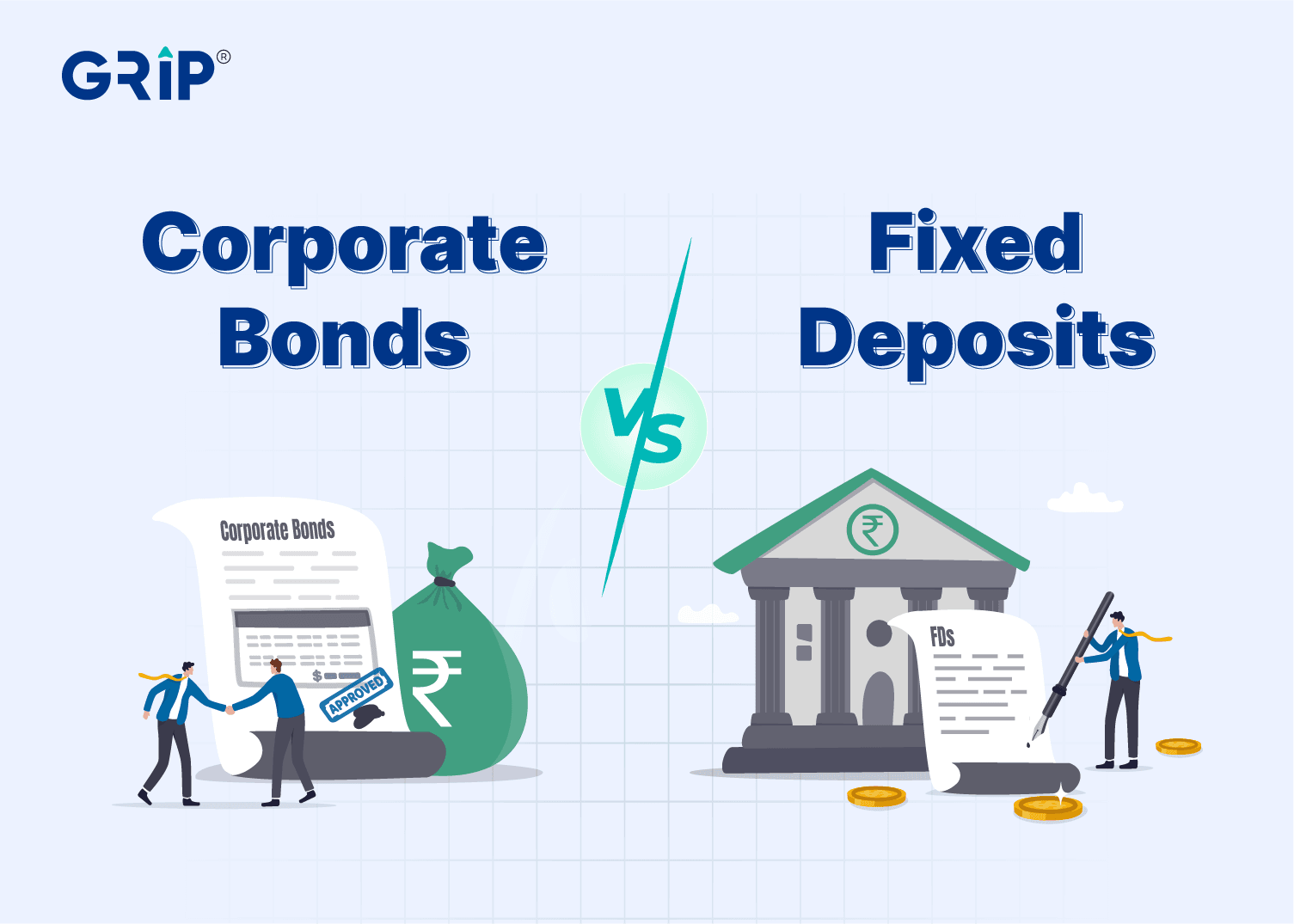

Individual and institutional investors favor corporate bonds because of their importance in the financial industry. The most important rule of investing is to diversify one’s portfolio, and corporate bonds assist investors in doing so. Compared to stocks, they provide investors with a lucrative opportunity to maintain capital security while earning higher fixed returns than fixed deposits. New guidelines from authorities like SEBI (Securities and Exchange Board of India) have made it easier to invest in corporate bonds, making it more accessible to retail investors. Due to the large investment amounts, retail investors were previously unable to enter this market. Private placement-issued debt securities now have a face value of INR 10,000 instead of INR 1,000,000. Retail investors will now be able to invest in fixed-income more easily and smoothly thanks to this modification. This article will examine corporate bonds, how they work, why they are an intelligent addition to any investment portfolio, and provide insights into how one can invest in them.
Corporate bonds: What Are They?
Companies issue corporate bonds as debt instruments to obtain additional capital for expansion and operations. Investors can earn fixed returns by purchasing these bonds and receiving interest payments on a regular basis (monthly, quarterly, or annually). Corporate bonds are a form of security that can generate cash flows in the future and are backed by the assets of the company. Credit rating agencies like CRISIL, ICRA, and CARE, among others, assign ratings to corporate bonds in India based on their creditworthiness, ranging from AAA (highest safety) to D (lowest safety). Bonds with higher ratings may have lower yields but lower default risk, and vice versa. Investors looking for higher returns than fixed deposits (FDs) and lower risk exposure than stocks are increasingly turning to corporate bonds. They can be an important part of any investor’s portfolio with the right strategy and research. Better liquidity than real estate and other investments, corporate bonds offer steady returns.
A comparison of corporate bonds vs. other asset classes is depicted below:
- Characteristics of Corporate Bonds Fixed Income: Investors looking for a steady stream of income will find corporate bonds appealing because they offer a fixed rate of return.
- Diversification: Investing in corporate bonds helps diversify an investor’s portfolio, a different asset class not directly correlated with the stock market.
- Credit Quality: Credit rating agencies assign ratings to corporate bonds based on the issuer’s capacity to fulfill its debt obligations. It makes it possible for investors to evaluate the creditworthiness of potential investments and make decisions based on risk.
- Maturity Dates: Corporate bonds have specific expiration dates, which make it easier for investors to budget for things like higher education or retirement. Potentially Higher Returns: At a slightly higher risk, corporate bonds offer higher returns than government bonds and fixed deposits.
- Inflation-Hedge: Corporate bonds can be used to protect against inflation, currency fluctuations, and changes in interest rates. Rate of Coupons and Yield to Maturity The coupon rate is the annual interest rate bond issuers pay on the bond’s face value. For instance, if you hold a bond with a face value of 1000 INR for five years and a coupon rate of 10 percent, you will earn 100 INR annually for five years. On the other hand, yield to maturity, or YTM, is the rate of return that investors receive while they hold the bond until its maturity. The yield to maturity becomes relevant only when an investor purchases the bond from the secondary market.
